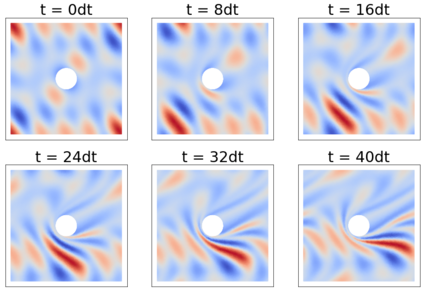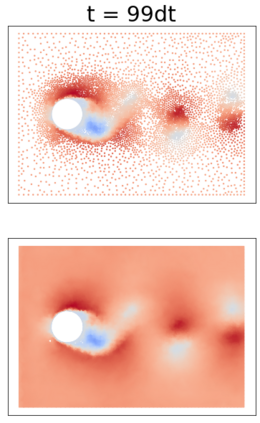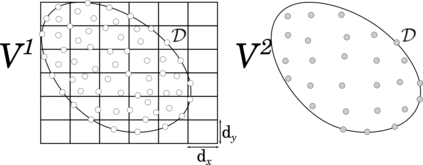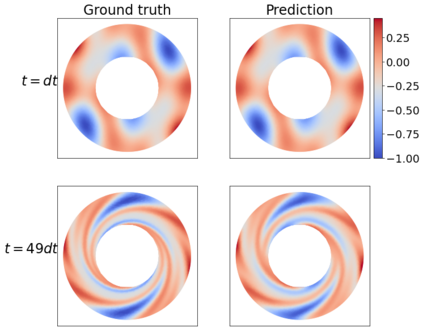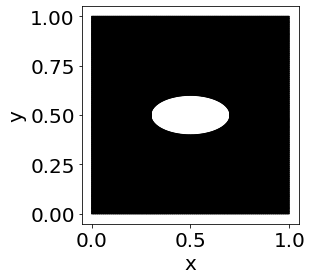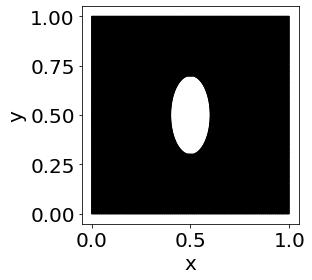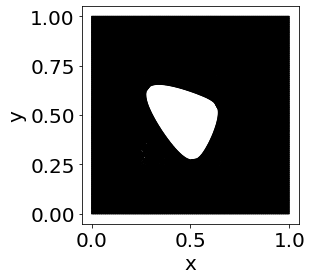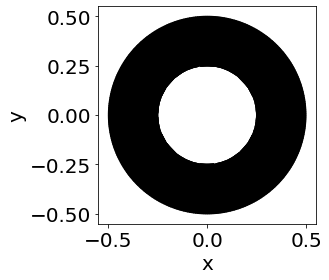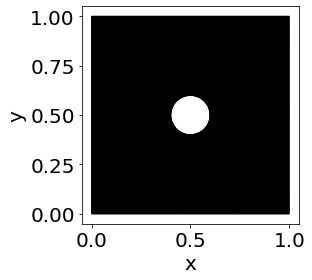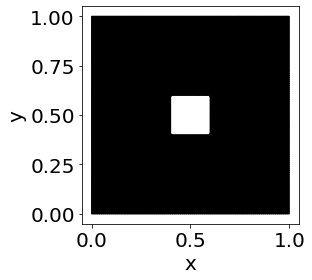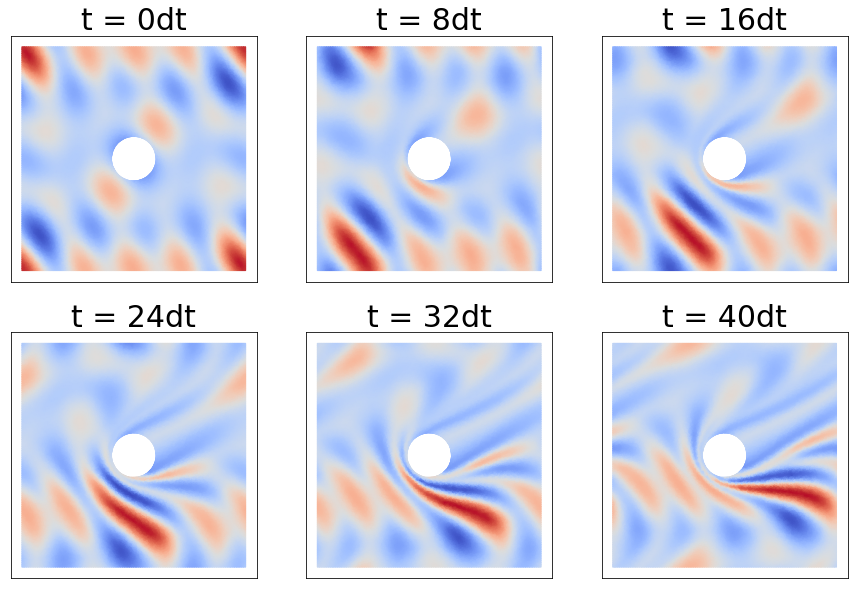Numerical simulators are essential tools in the study of natural fluid-systems, but their performance often limits application in practice. Recent machine-learning approaches have demonstrated their ability to accelerate spatio-temporal predictions, although, with only moderate accuracy in comparison. Here we introduce MultiScaleGNN, a novel multi-scale graph neural network model for learning to infer unsteady continuum mechanics in problems encompassing a range of length scales and complex boundary geometries. We demonstrate this method on advection problems and incompressible fluid dynamics, both fundamental phenomena in oceanic and atmospheric processes. Our results show good extrapolation to new domain geometries and parameters for long-term temporal simulations. Simulations obtained with MultiScaleGNN are between two and four orders of magnitude faster than those on which it was trained.
翻译:数字模拟器是研究自然流体系统的基本工具,但其性能往往限制了实际应用。最近的机器学习方法表明它们有能力加速时空的预测,尽管比较起来比较的准确性不大。在这里,我们引入了多尺度图形神经网络模型,这是一个新颖的多尺度图形神经网络模型,用于在包括一系列长度尺度和复杂边界地形的问题中推断不稳定的连续力力力学。我们展示了这种关于对流问题和压抑性流体动力学的方法,两者都是海洋和大气过程的基本现象。我们的结果显示,对新的域地貌和参数进行良好的外推法,用于长期时间模拟。与多尺度GNNN的模拟比培训的要快两到四级。

